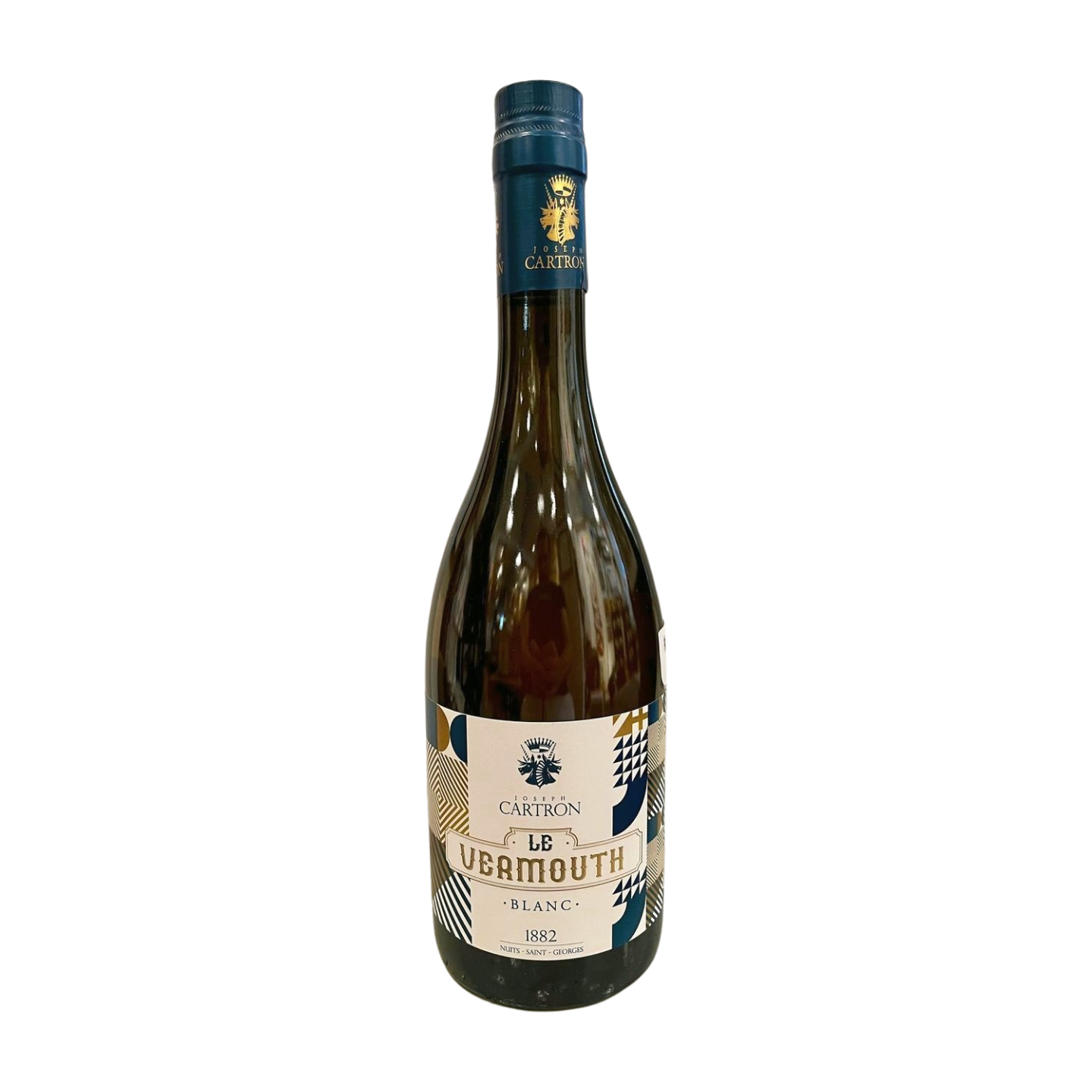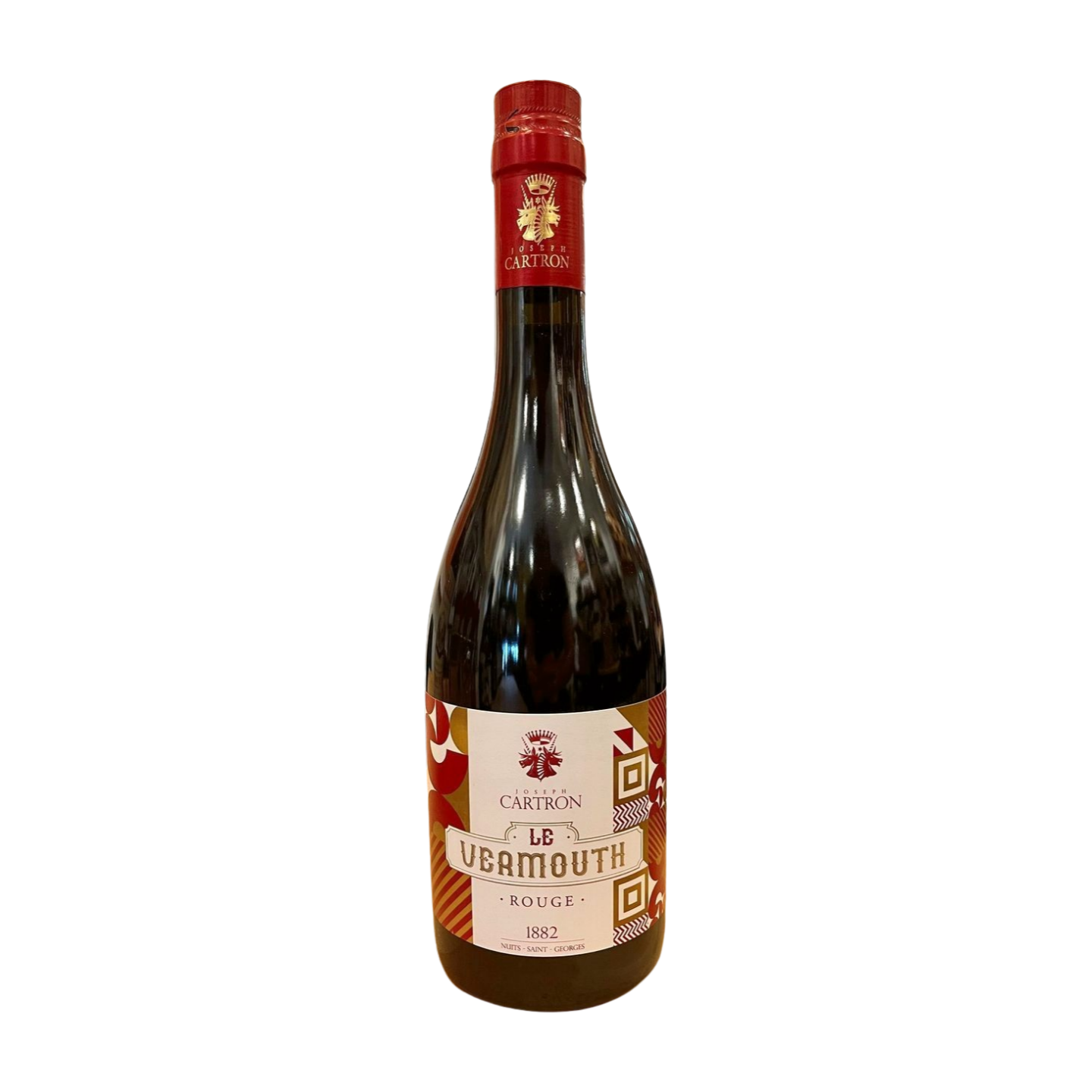Joseph Cartron
Joseph Cartron, a distinguished name in the world of liqueurs and eaux-de-vie, was founded in 1882 in Nuits-Saint-Georges, a town located in the heart of Burgundy, France. This family-owned business has deep roots in a region renowned for its rich viticulture and high-quality fruit production. The fertile soil of Burgundy has been celebrated for centuries for yielding exceptional fruits, which are integral to the creation of wines, juices, and various fruit-based spirits.
The company began its journey under the leadership of Joseph Cartron himself, who initially focused on producing lemonade and soda waters before expanding into liqueurs. The early years were marked by a commitment to quality and craftsmanship, principles that continue to define the brand today. Over time, Joseph Cartron established a reputation for excellence, particularly with its flagship product, Crème de Cassis de Bourgogne, which remains a cornerstone of the company’s offerings.
As the business evolved, Joseph Cartron expanded its portfolio to include a diverse range of liqueurs and fruit brandies. The production techniques employed by the company are noteworthy; they utilize traditional methods such as maceration and infusion to extract the fullest flavors from fruits. Each liqueur is crafted using carefully selected ingredients and proprietary recipes that have been honed over generations. For instance, wild blackberries are harvested at peak ripeness for their aromatic potency, ensuring that the resulting liqueur captures the essence of the fruit.
The distillation process at Joseph Cartron is meticulous. The company employs century-old copper stills for distilling marcs and aged plum brandy, which are then aged in both new and old oak barrels. This aging process allows the spirits to develop complex flavors over time. Additionally, eau-de-vie is distilled with great care and aged in glass demi-johns, further enhancing its character as it matures under roof tiles.
Throughout its history, Joseph Cartron has remained committed to innovation while honoring traditional practices. The brand has introduced an impressive array of flavors beyond its original offerings, including Crème de Mure (blackberry), Crème de Fraise des Bois (wild strawberry), and Crème de Pêche de Vigne (peach). Each product reflects a unique aspect of Burgundy’s agricultural heritage and showcases the company’s dedication to quality.
Today, Joseph Cartron continues to thrive as a family business, with successive generations maintaining the founder's vision of excellence in spirit production. The legacy of Joseph Cartron is not just about crafting fine liqueurs; it embodies a deep connection to the land and a passion for preserving artisanal techniques that celebrate the rich flavors of Burgundy's fruits. As it moves forward into the 21st century, Joseph Cartron remains a testament to the enduring appeal of tradition blended with innovation in the world of spirits.
Filters
Portuguese wine
Frequently asked questions
The entire country of Portugal is divided into 14 different wine regions, including in the Azores and Madeira islands. Some of Portugal's most famous winemaking regions include the Douro Valley (known for Port) and Vinho Verde (known for its light, refreshing white wines).
Portugal is becoming more well known for its orange wines, talha wines (traditionally made in clay pots), and palhete (made by blending red and white grapes together).
Portugal is best known for its fortified wine, called Port wine. It is produced in the Douro Valley, which is a UNESCO World Heritage Site and recognized as the world's first demarcated wine region, established in 1756.
Vinho Verde in northern Portugal is another popular winemaking region characterized by rolling hills and lush landscapes. It's known around the world for low-alcohol, refreshing white wines, although the region traditionally focused more on red wines made with the fruit-forward vinhão grape.
The Portuguese island of Madeira, with its subtropical climate, is renowned for its fortified wines. Winemaking here dates back to the 15th century, when Portuguese
explorers brought grape varieties from around the world.
Our sustainable, natural wine shop is located in the Marquês neighborhood in Porto, Portugal. We also ship to countries around the world, including within Europe, the United States, Canada, Australia, China, and more. Review our Shipping Policy to learn more.
In recent years, there has been a notable shift toward sustainable viticulture and the production of natural wine in Portugal. Many winemakers are implementing organic farming practices and embracing biodiversity to maintain soil health and reduce chemical inputs. This commitment to sustainability is not only beneficial for the environment but also enhances the quality of the wines, allowing the unique characteristics of the terroir to shine through. For example, some winemakers are now utilizing ancient terracotta amphorae for fermentation (called talha in Portuguese). This method preserves regional cultural heritage, enhances the wine's character, and aligns with sustainable practices by reducing reliance on modern materials.


